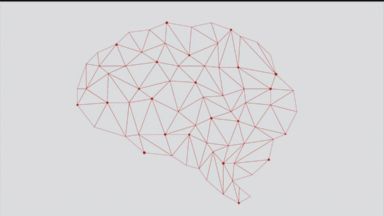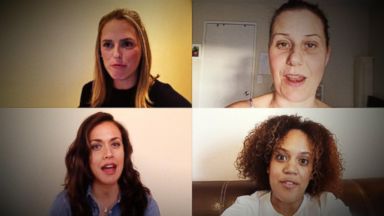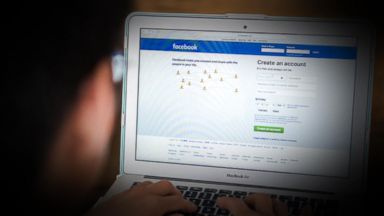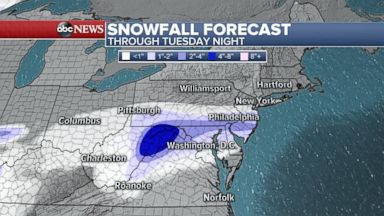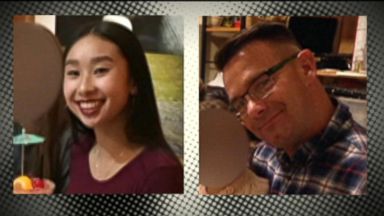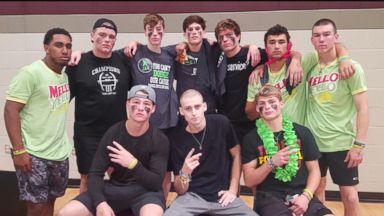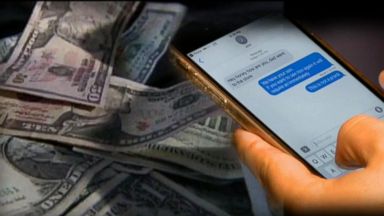Facebook bans entities allegedly responsible for collecting and sharing user info
Coming up in the next {{countdown}} {{countdownlbl}}
Coming up next:
{{nextVideo.title}}
{{nextVideo.description}}
Comments
Related Extras
Video Transcript
Transcript for Facebook bans entities allegedly responsible for collecting and sharing user info
Next tonight, the big data grab in elections. And a former insider speaking out, describing to ABC news tactics used to get personal information on Facebook. Which was then used against voters. Here's James Longman. Reporter: Tonight, a data company tied to president trump's 2016 campaign is under investigation by Facebook, accused by the internet giant of mishandling more than 50 million Americans' personal information. If you are looking at trying to create information weapons, the battle space that you operate in is social media. That is where the fight happens. Reporter: In 2014, when just 24 years old, self-confessed politics geek Chris Wylie worked for that company, Cambridge analytica. The organization helps political candidates better target voters online. Speaking for the first time on American television, Wylie claims Cambridge analytica, using a third party, took data from the Facebook accounts of up to 50 million Americans. Weaponizing the internet? Weaponizing the internet. Absolutely. Reporter: He says Cambridge analytica would create online quizzes. When Facebook users opted in to those innocent-looking tests, they were actually giving Cambridge analytica access to not just their data, but that of all of their friends. It is sort of like the digital shadow of yourself. So, when you think about what you do on social media, you curate your identity. So when you like things, when you follow things, you reveal all these little clues, and, if we have enough of those clues we can start to develop a portrait of who you are. Reporter: And armed with that info, Wylie says the company had a questionable power. Cambridge analytica will try to pick at whatever mental weakness or vulnerability that we think you have, and try to warp your perception of what's real around you. Reporter: Now, Facebook has banned Chris Wylie, that third party, and Cambridge analytica. The company denies any wrongdoing, and says it doesn't use or hold Facebook data. Two years later, the firm went on to work for the trump campaign, but says it never used that data in question. The campaign itself denies using Cambridge analytica's data, saying it relied on information from the RNC. And any claims that voter data were used from another source to support the victory in 2016 are false. But Wylie says some of the familiar phrases heard on the campaign trail were actually tested years earlier. We tested things like drain the swamp. We started testing before they gained prominence in American political discourse. Reporter: Wiley left the company after a year. He says he's coming forward now because he felt bad about the impact of his work.
This transcript has been automatically generated and may not be 100% accurate.

